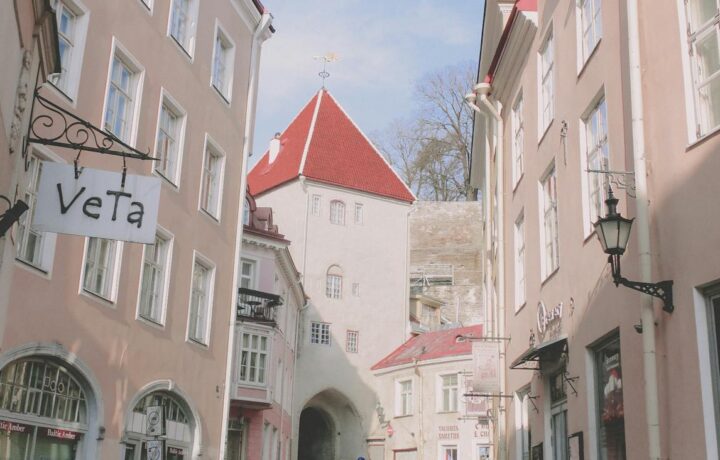Estonian internal security service (Kaitsepolitselamet – KAPO) arrested Vyacheslav Morozov, a professor at the University of Tartu for his alleged involvement in intelligence activities. The allegation against Morozov, who is a Russian citizen, is that he was recruited as a spy years prior and has been on Russia’s payroll for several years.
Morozov, born in 1972, is a professor of international political theory at the university since 2010. He arrived in 2010 as an associate professor of international relations, segueing to a professor of European Union and Russia and at the time of his arrest his focus was on international relations. KAPO arrested Morozov on January 3.
University of Tartu condemns the actions of Morozov
University Rector, Toomas Asser, issued a statement on January 16 informing the university community of Morozov’s arrest, and condemning his actions as putting the security of Estonia at risk. He emphasized, “I hope that we do not underestimate the ability and intent of hostile states to lead and carry out anti-democratic actions. We must maintain situational awareness and critical thinking and fully cooperate with our security agencies.”
On January 18, Kristiina Tõnnisson, head of the Johan Skytte Institute for Political Studies at the university issued a statement which informed the university population of Morozov’s arrest. She noted that the institute was cooperating with the investigation, had prepared an overview of his works for KAPO after being informed of his arrest and the allegations.
Estonia – KAPO’s perspective
Morozov, according to KAPO, would be met by Russian intelligence during his trips to Russia and apparently not in Estonia. From an espionage tradecraft perspective, this makes total sense. Morozov, as a Russian citizen and university professor with focus on international relations, had every reason to travel to Russia.
Immediately following the invasion of Ukraine, Estonia was among the many nations expelling Russian intelligence officers. Meeting him in Russia may have not only been due to operational necessity, it also would have increased the difficulty for KAPO to surveil or otherwise monitor Morozov and his meetings with Russian intelligence.
Estonian Public Broadcasting (ERR) shared additional commentary from Tõnnisson, “It is understandably a shock to all of us. Our trust has been seriously abused. We confirm that we have had no grounds for pretensions regarding Vyacheslav Morozov’s previous works, but in light of new knowledge it is still important to critically review his activities to date.”
According to ERR, Margo Palloson, director general of KAPO shared, “The current case is in addition to the more than twenty previous ones that illustrate the desire of Russian intelligence services to infiltrate various areas of Estonian life, including the scientific sector. ” She went on to highlight how Russian citizens in Estonia should seriously reconsider travel to Russia at this time because of the “serious risk” of being targeted by Russian intelligence services.
While KAPO has not publicized the details surrounding his collaboration with Russian intelligence, social networks lit up with the announcement of his arrest. Some within western academia expressed incredulity, and suggested that academic openness is being misconstrued as espionage. Others, however, shared how over the years Morozov has been nothing more than a Kremlin mouthpiece spewing Russian mis/disinformation.
KAPO highlighted in their annual review their counterintelligence responsibilities with respect to foreign influence operations. The review highlights how the adversary’s intention is to “exert influence on the state, its residents and organizations for one’s own purposes. “




